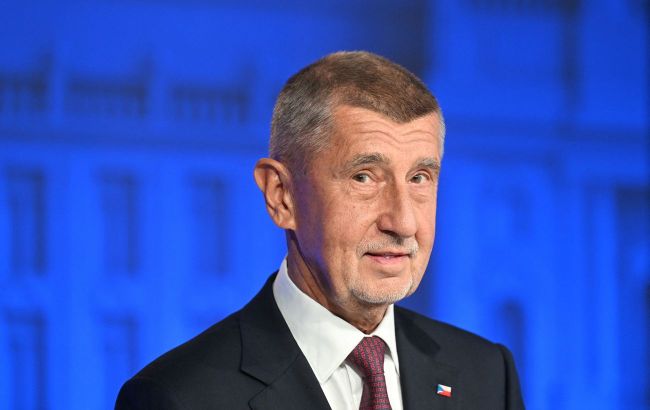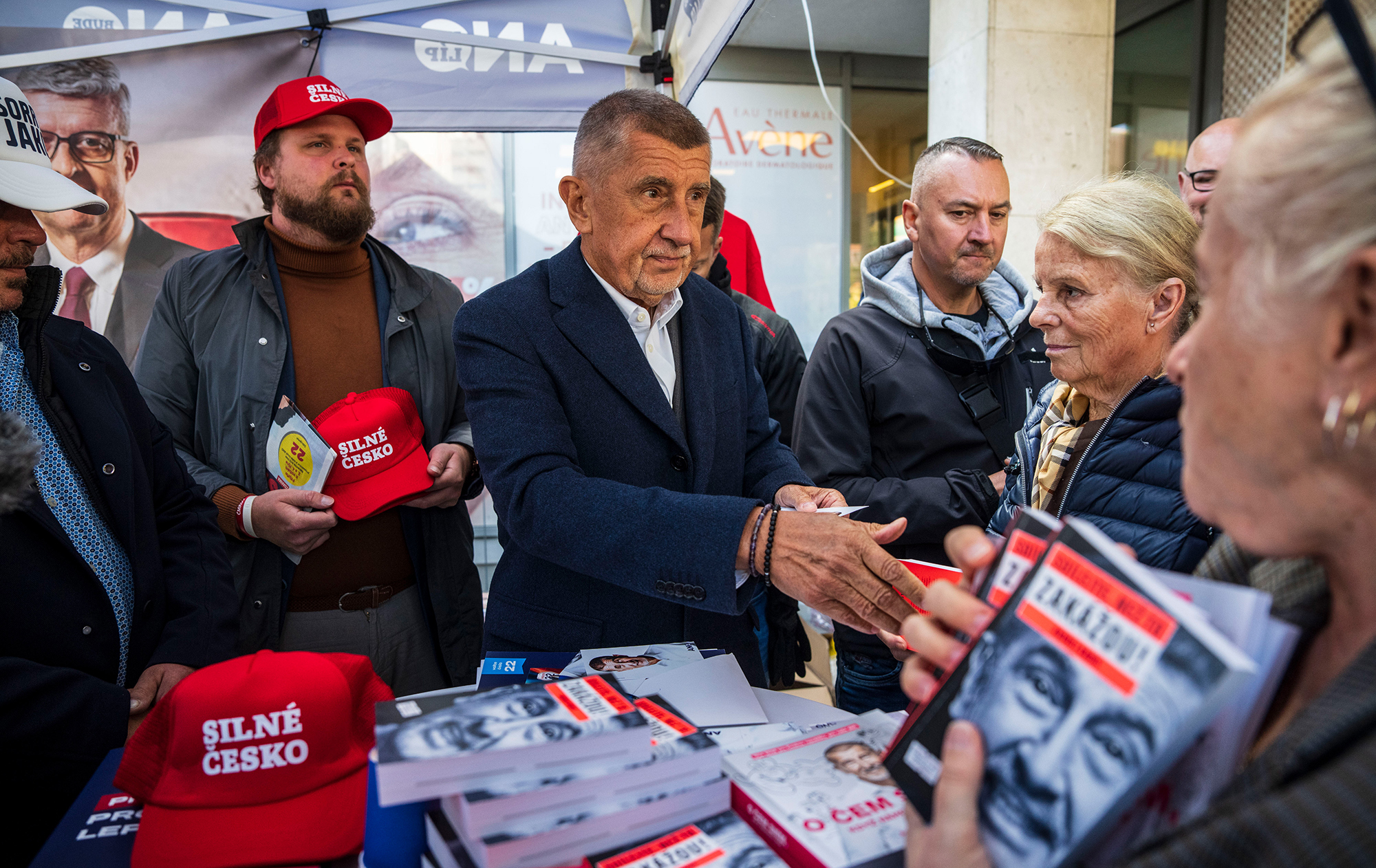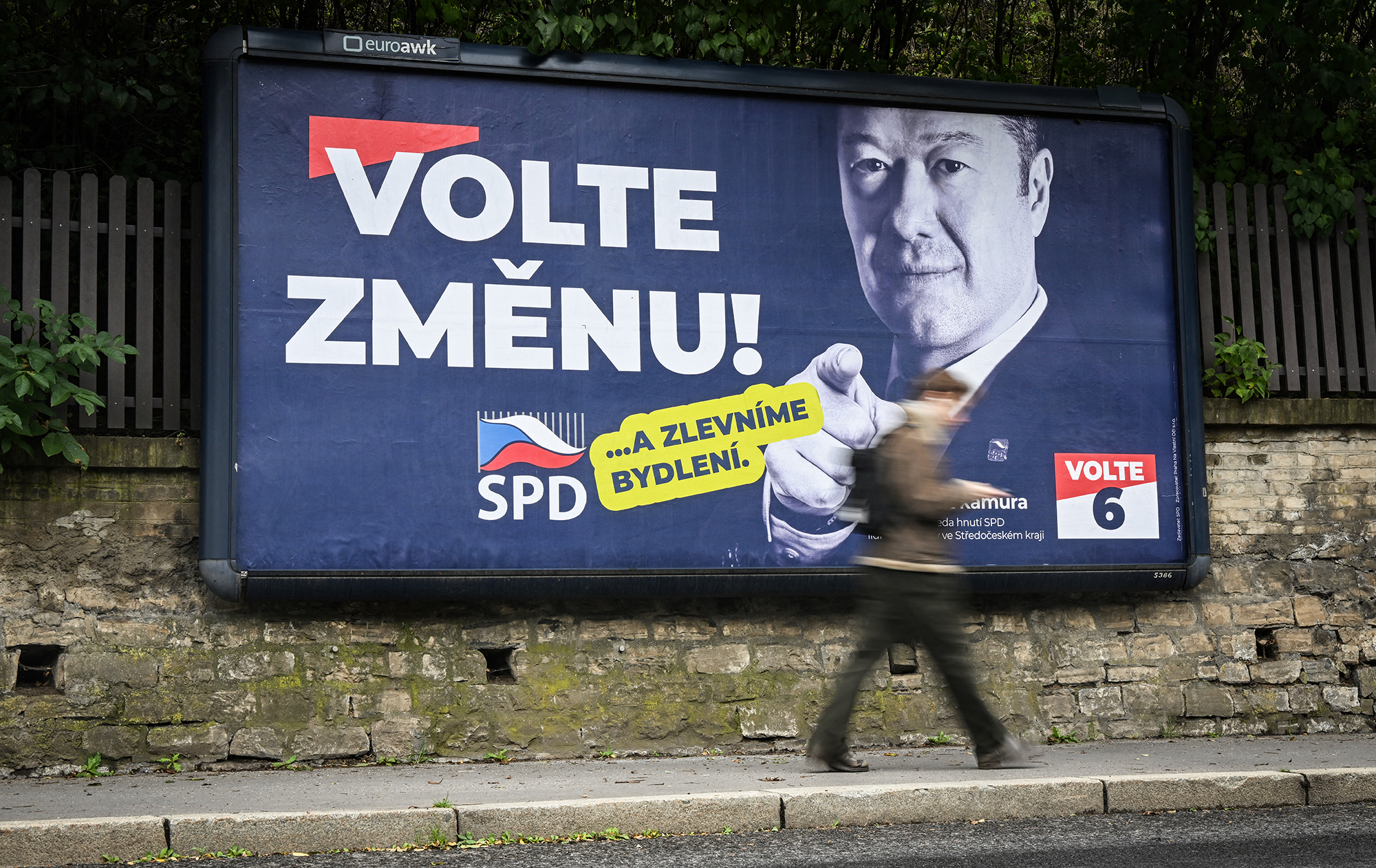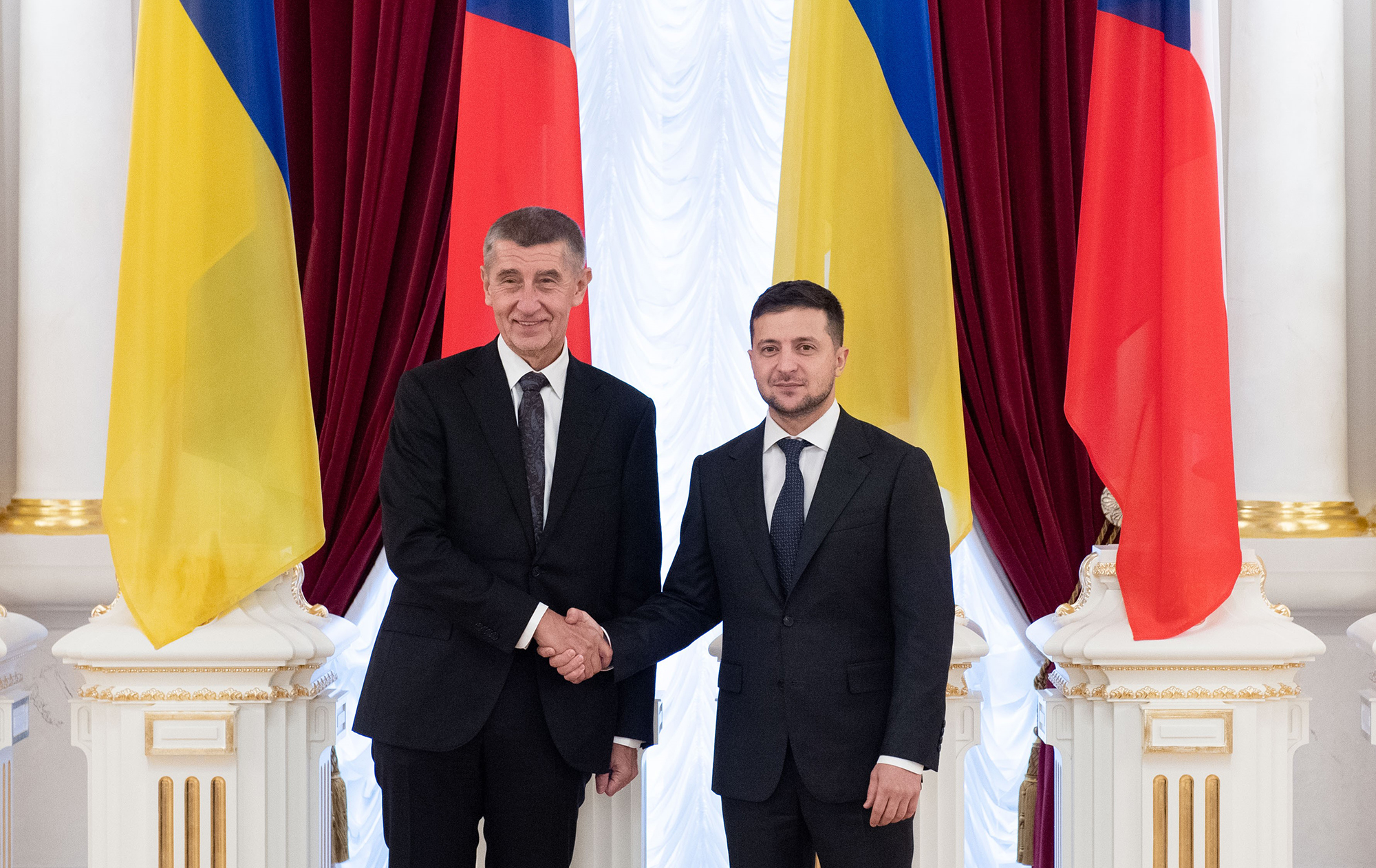New threat? Ukraine's opponents poised for gains in Czech elections
 Andrej Babiš, leader of the ANO political party and former Prime Minister of Czechia (photo: Getty Images)
Andrej Babiš, leader of the ANO political party and former Prime Minister of Czechia (photo: Getty Images)
Parliamentary elections will be held in Czechia on October 3-4. RBC-Ukraine analyzes who is predicted to win, and does the pro-Ukrainian coalition has a chance of retaining power.
Key questions:
- Who is predicted to win the election?
- What might the future coalition look like?
- What can Ukraine expect from the Czech elections?
On Sunday, Moldova confirmed its European course. Pro-Russian forces failed to take revenge in the parliamentary elections, so the policy of the neighboring state will remain stable and friendly towards Ukraine.
Today and tomorrow, the people of Czechia, a member of the European Union and NATO, will make their choice. The outcome of this vote could influence the foreign policy of the Czech Republic, which has consistently supported Ukraine until now.
Who could enter Czech parliament
The upcoming vote is nothing less than a battle for the country's geopolitical future, Czech Prime Minister Petr Fiala said a few weeks ago at a rally in Pilsen.
He explained to Czech voters that it was about where Czechia was headed — whether they would remain a strong democracy with complete freedom and prosperity, firmly part of the West, or drift somewhere to the East
According to the results of a pre-election poll conducted by STEM between September 20 and 26, up to seven political forces could enter the next Czech parliament.
The leader in the polls is the ANO movement of Czech oligarch and former Prime Minister Andrej Babiš. ANO could win 29.3% of the vote, while the ruling SPOLU coalition led by Fiala could win 20.5%. Third, according to the poll, is the far-right SPD (Svoboda a přímá demokracie) party of Tomio Okamura, a right-wing populist known for his anti-Ukrainian statements, with 13.4% of the vote.
Next are the centrist STAN party with 11.7%, the Czech Pirate Party with 10.1%, the far-right AUTO with 5.9%, and the left-wing populist Stačilo! with 5.5% of the vote.
The rise in ANO's rating is primarily due to economic problems. Among the unpopular measures taken by Fiala's government is the abolition of pension indexation as part of efforts to reduce the budget deficit. This decision has hit the largest group of voters hard and cost the ruling coalition the support of the majority of pensioners.
 Andrej Babiš at an election rally (photo: Getty Images)
Andrej Babiš at an election rally (photo: Getty Images)
In addition, Russian disinformation has flooded the Czech information space. According to a Voxpot investigation, the number of pro-Russian fake news stories in Czechia reaches up to 5,000 per month. The goal of Russian disinformation is not to support a specific candidate, but to undermine Czechia as a whole: to discredit the elections and even democracy itself.
Although ANO is highly likely to win the election, it will not be able to obtain a majority in parliament. Therefore, Babiš will have to negotiate a coalition with other forces. One of the main candidates for an alliance with ANO is the far-right SPD. Its leader, Okamura, who was born in Japan, has called for a review of the Czech Republic's membership in the EU and NATO and criticized aid to Ukraine in the war.
However, there is still a small chance that Babiš may not become prime minister, says Serhii Herasymchuk, deputy executive director of the Ukrainian Prism Foreign Policy Council, in a comment to RBC-Ukraine.
"We have two new players – the AUTO movement and Stačilo! If they make it into parliament, then, purely arithmetically, together with the current coalition, they have a chance of obtaining a minimal majority in parliament. This is one possibility, but polls have been wrong before," he explained.
Despite differences in political courses, these parties may unite for one goal – to prevent Babiš from returning to power.
It cannot be ruled out that Czech President Petr Pavel will refuse to entrust Babiš with forming a new government, even if he wins. One reason is the conflict of interest involving the former prime minister's agrochemical holding company, Agrofert. If Babiš becomes prime minister, he could influence the distribution of state and European subsidies and grants.
However, the main scenario to prepare for is a coalition between ANO and the SPD. And although this will not improve relations with Ukraine, it is too early to talk about a reversal of the Czech position, according to Herasymchuk.
Kremlin's friend or populist?
In early 2024, Czechia launched the so-called shell initiative for Ukraine. Since then, the Ukrainian army has received over a million artillery shells, which are critically important for supporting the front lines. In an interview with Reuters this July, Babiš criticized the shell initiative and called it rotten. He promised to cancel the project if he wins, but suggested that NATO could take over the initiative.
According to Herasymchuk, if Babiš returns to power, he will not cancel the shell initiative because it is financially beneficial to the Czech military-industrial complex.
"There is a financial interest in that Europeans are willing to pay for weapons. The Czechs are willing to be intermediaries. Obviously, they reap not only political dividends from this. Therefore, there is no reason to say that Czechia will abruptly turn away from Ukraine," the analyst believes.

Election campaigning by far-right politician Tomio Okamura (photo: Getty Images)
As suggested in a comment to RBC-Ukraine by Yevhen Mahda, director of the Institute of World Policy, Czech purchases of shells for Ukraine around the world may be replaced by Ukrainian orders for the Czech military-industrial complex.
"Receiving Ukrainian orders would be very profitable. Even Slovakia, no matter how much we criticize its government, manufactures artillery for us," he noted.
Therefore, according to Mahda, it is too early to label Babiš as pro-Russian. "We should not rush to conclusions. It is wrong and counterproductive. Babiš is a populist and uses populist slogans. He is simply fighting for power," the political scientist said in a comment to RBC-Ukraine.
However, Babiš's likely partner in the future coalition, Okamura, is demonstrating clear anti-Ukrainian rhetoric. He has proposed restricting the rights of Ukrainians in Czechia and cutting their social benefits. He has also sharply criticized the EU and proposed withdrawing Czechia from the bloc.
"The problem is not even Babiš. Let's be honest, if he came to power, he would at least fulfill his obligations to Ukraine regarding arms supplies. But Babiš cannot form a government on his own. He will obviously have to create a bloc with Okamura. And since a coalition requires some common ground, I do not rule out that Okamura will push for Babiš's government to be more restrained towards Ukraine," Herasymchuk believes.
Ukraine has already had to work with Babiš. In 2019, while serving as prime minister, Babiš visited Kyiv for the first time since 2008. Even then, he took a clear position that Crimea and Donbas are part of Ukraine, unlike then-President Miloš Zeman. That visit marked the beginning of the restoration of partnership relations between Prague and Kyiv.
 Volodymyr Zelenskyy and Andrej Babiš in Kyiv, 2019 (photo: Getty Images)
Volodymyr Zelenskyy and Andrej Babiš in Kyiv, 2019 (photo: Getty Images)
In 2021, after investigating explosions at Czech ammunition depots in Vrbětice, Czech counterintelligence established the involvement of Russian military intelligence agents. Babiš's government reacted immediately by expelling 18 Russian diplomats who were believed to be spies.
This decision was one of the Czech toughest actions against Russia in recent decades, although Babiš himself did not consider the incident an attack on the state. Babiš said at the time that it had not been an act of state terrorism, meaning that Russia had not attacked Czechia, but that the agents had committed a terrorist act against the goods of a Bulgarian businessman who had sold them to countries fighting against Russia.
As Herasymchuk emphasizes, Ukraine should strengthen its partnership with Czechia and other partners through joint projects and production, rather than just appealing to political brotherhood. Even in countries with pro-Russian sentiments, such as Bulgaria, there is an understanding of the need to supply weapons and create jobs through new enterprises and factories. This trend is supported by both the US and smaller European states.
In general, if the ruling coalition loses, Czechia is unlikely to become another Hungary in the EU and NATO. However, the warm relations that exist between Kyiv and Prague today may no longer exist.

